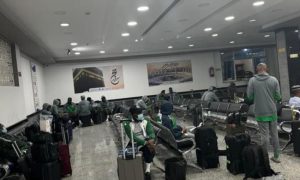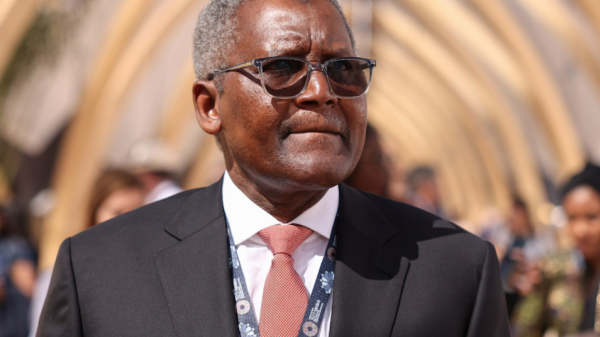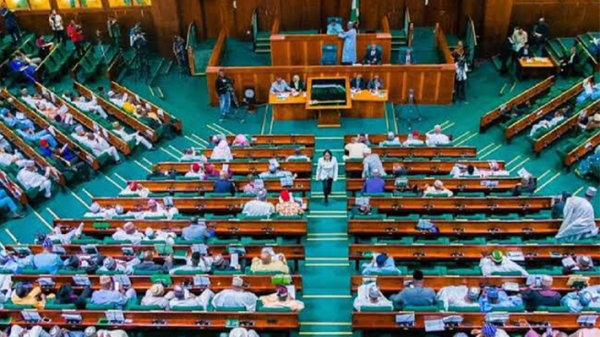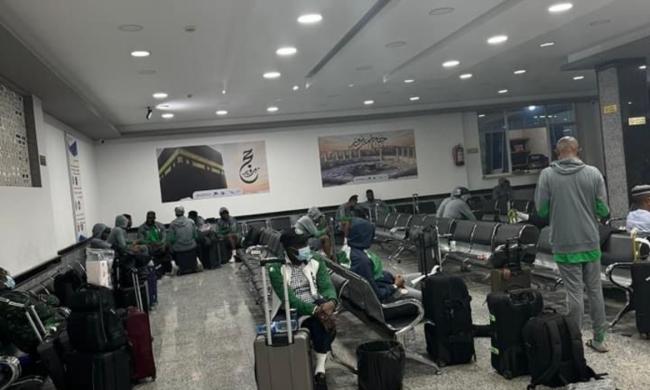In a troubling turn of events, the Nigerian national football team, the Super Eagles, has been stranded at a Libyan airport after authorities diverted their scheduled flight to Benghazi. The team was on their way to play a crucial Africa Cup of Nations (AFCON) qualifying match but has now been left facing a travel ordeal.
Sahara Reporters confirmed that “the players and coaches were stranded because Libyan authorities diverted the flight the team had earlier booked to take them to Benghazi,” where their match is set to take place. The situation has caused significant inconvenience to the team, impacting their preparations ahead of the vital fixture. Instead of flying directly to their destination, the Super Eagles will now have to make a long road trip. According to a popular Nigerian football platform, “They will now travel by road to Benghazi, the location for the return fixture, which is about a 3-hour, 24-minute drive.”
This incident has left fans and stakeholders concerned about the team’s well-being and the potential effects on their performance in the match. The image of the team stranded in Libya, shared widely on social media, has fueled criticism of the handling of travel logistics for major international sports events, particularly with the stakes as high as AFCON qualification.
Interestingly, this travel misfortune comes just days after the Libyan national team allegedly faced similar difficulties when they traveled to Nigeria. According to reports, the Libyan players were delayed for several hours upon arrival at Lagos airport. Libyan media shared images showing members of their squad sitting on the floor at the airport after what was described as an exhausting journey from Tripoli. They were left without transportation for over three hours, which prompted complaints from the team and Libyan football officials.
When the Libyan team finally received transportation, “the Nigerian Football Federation failed to send a bus for the team, leaving them stranded at the airport for three hours,” according to reports. The delay forced the visiting team to travel under difficult circumstances, with some accounts saying the players had to travel “through forested areas for over 200 kilometers” before reaching their destination in Uyo. Although the Libyan team had used a private jet for their journey, they were forced to land in Lagos instead of Uyo, creating further complications in their travel arrangements.
This sequence of events raises questions about possible tensions between the two nations, particularly in how they manage the logistics for visiting teams. While there has been no official statement linking the Nigerian team’s current ordeal in Libya to the treatment of the Libyan team in Nigeria, observers have noted the striking similarities between the two incidents.
With the Super Eagles now preparing to make the lengthy road journey to Benghazi, their supporters are hoping that the disruption will not affect their chances in the AFCON qualifiers. The focus remains on how both countries can avoid such travel difficulties in the future, ensuring fair treatment and smooth logistics for all teams involved in international competitions.

**Topics: Sports, Nigeria, Football, Africa Cup of Nations**



































































































